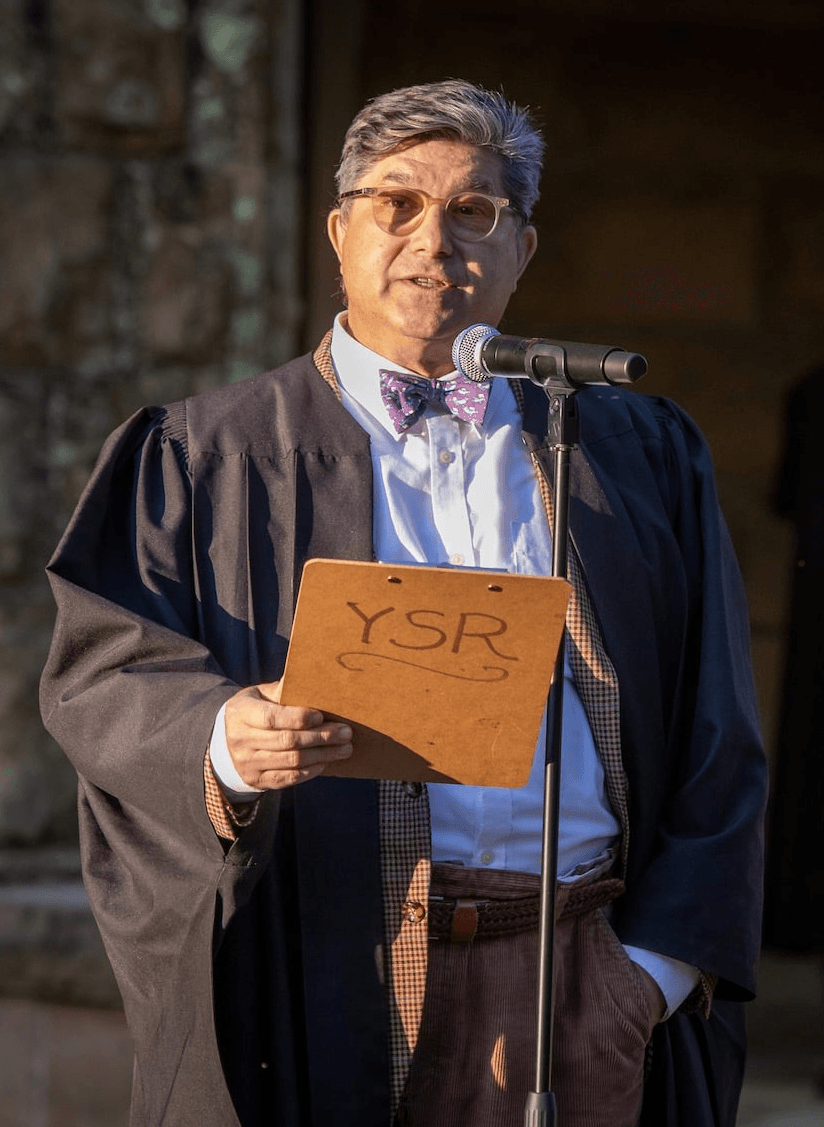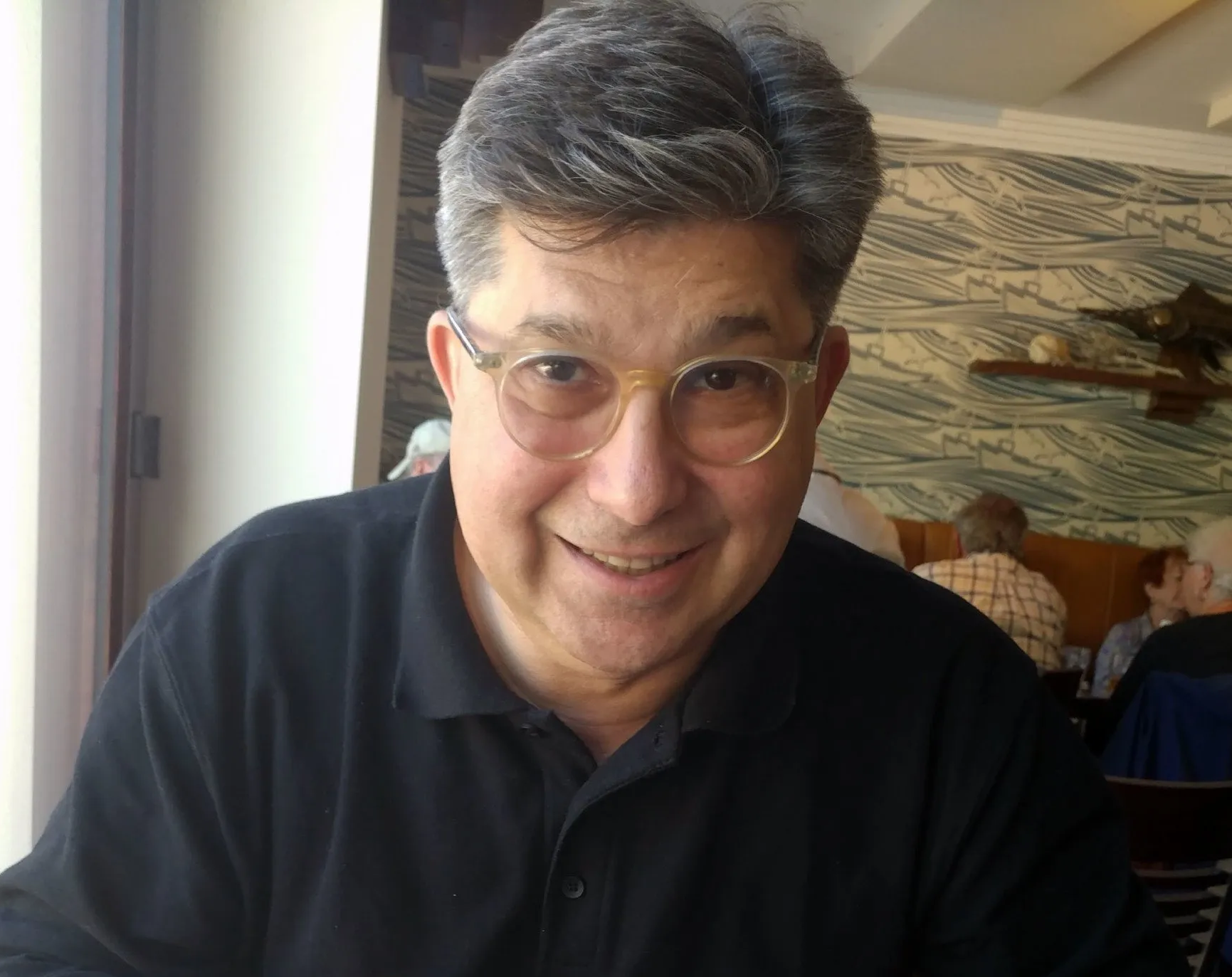
About Bill Engel
I am the
Nick B. Williams
Professor of Literature at the
University of the South, in Sewanee, Tennessee.
In addition to co-editing five collections of scholarly essays on early modern topics, contributing chapters in over two dozen critical volumes, and publishing numerous encyclopedia entries and book reviews (please see cv for details),
I am the author of seven books on literary history and "memory culture" including a handbook on student-centered teaching and learning, and the co-author of the Cambridge anthologies The Memory Arts in Renaissance England and
The Death Arts in Renaissance England.
Teaching primarily in the Department of English & Creative Writing,
I also offer courses in Humanities
and Medieval Studies. Although my main areas of specialization are Chaucer, Shakespeare, and "The Roots of Western Literature," I also enjoy teaching from time to time the Anglo-Saxon world, Medieval survey, 16th century poetry, Medieval and Renaissance drama, Milton, 19th century fiction, modern poetry, and contemporary American drama.
As the Fencing Master at Sewanee,
I teach beginning
and advanced classes,
as well as supervise
the Sewanee Fencing Society.
For many summers I was Assistant Director at Camp Horseshoe
in Rhinelander, Wisconsin, overseeing the fishing, fencing, and wilderness adventure programs.
More about my background . . .
I carried out several years of intensive dissertation research, principally at the Warburg Institute and Institute of Historical Research
in London (supervised by Charles Schmitt and J.B. Trapp), and the Huntington Library
in San Marino, California (where I was thoroughly if informally tutored by John Steadman and Fredson Bowers).
In 1987 I earned my Ph.D. from the University of California at Berkeley, with a dissertation (directed by Jonas Barish) on
"Emblems
and_Sententiae
in Seventeenth-Century Prose: Mystical and Literary Design in Robert Burton and Thomas Browne."
I went on to teach a range of courses in the Humanities and in the English Department at Vanderbilt University, where in 1992 I won the Ernest A. Jones Award for excellence in advising; and, in 1995, coordinated the Early Modern Studies Group at the Robert Penn Warren Center for the Humanities ("Visual Representation and Material Culture"), and in 1996 wrote a series of popular pieces published over the KnightRidder wire service.
I went on to teach a range of courses in the Humanities and in the English Department at Vanderbilt University, where in 1992 I won the Ernest A. Jones Award for excellence in advising; and, in 1995, coordinated the Early Modern Studies Group at the Robert Penn Warren Center for the Humanities ("Visual Representation and Material Culture"), and in 1996 wrote a series of popular pieces published over the KnightRidder wire service.
I served as an Educational Consultant for the
Tennessee Commission on Holocaust Education
and subsequently for the Nashville Holocaust Memorial, for which I wrote the
Program Notes, "About the Holocaust."
I have also worked as a design team consultant on a variety of projects, ranging from middle school math and life-skills programs to integrating arts-based curriculum system-wide. For many years I was an adjudicator for Geiko Life Fellowships and the Golden Key Honor Society through International Scholarship and Tuition Services.
Among the professional organizations with which I am affiliated are The International Congress on Medieval Studies, International Boethius Society, Sixteenth Century Studies Conference, Renaissance Society of America, Milton Society of America, Poe Studies Association, and the Modern Language Association.
I have been on the executive boards of the National Coalition of Independent Scholars, the Sixteenth Century Studies Conference, the Poe Studies Association, and served three years as Chair of the Bainton Book Prize for the SCSC, as well as on the prize committee for the Poe Studies Association. I was elected to the Delegate Assembly of MLA, and appointed to the Harper Award Committee (helping fund graduate students to attend the annual
SAMLA
conference). I was for six years a Discipline Representative (Emblems) for the
Renaissance Society of America, and on the Editorial Board of
Renaissance Quarterly. I regularly assess manuscripts for publishing houses such as Palgrave Macmillan, Oxford University Press, and Harper Collins.
A life-long fencer (once ranked nationally), I am a certified foil instructor and director of foil, epee, and sabre through USA Fencing
and a certified coach (completely current with the U.S. Center for Safe-Sport regulations).
I have led workshops for the Nashville Shakespeare Festival
and choreographed stage combat for productions including All's Well that Ends Well,
Macbeth,
Romeo and Juliet
and Calderon's Life is a Dream. During part of a previous sabbatical I was the dramaturge for the Alabama Shakespeare Festival's
production of Hamlet
and led workshops for regional teachers; and, in May 2019, supervised Sewanee students in John Ford's 'Tis Pity....
PERSONAL STATEMENT
Born in Texas and raised in Alabama,
I have an abiding interest in the history, legends, and literature of the South, as well as in its lakes,
rivers, woodlands, and shorelines.
As the father of three grown children, I became quite expert at outdoors games and drivers education. For fifteen years with my trusty Irish terrier, Albie,
by my side, I discovered many a deer trail, frog hollow, possum lair, and skunk den in Rhinelander, WI and Sewanee, TN; and, beginning July 2013, the adventures continue with Rory (AKA "Rory-the-dog"). Rory-the-dog was interviewed by
The Sewanee Purple (10/28/25) for a special interest feature.
While I enjoy overseeing my suburban garden in Nashville (featuring a flourishing Camellia grove
overshadowed by towering magnolias) and traversing declivities on the Domain
in Sewanee, as often I delight in getting lost in old cities (most memorably Jerusalem and Rome, Tallinn and Munich, Kuşadasi and Krakow, Kyoto and Prague, Toledo and Tübingen), and taking in street performances, operas, plays, chamber music, and the odd gallery.
I have been told I shoot a passable game of pool; and I can still tie a fly, read a river, and navigate by the stars.


